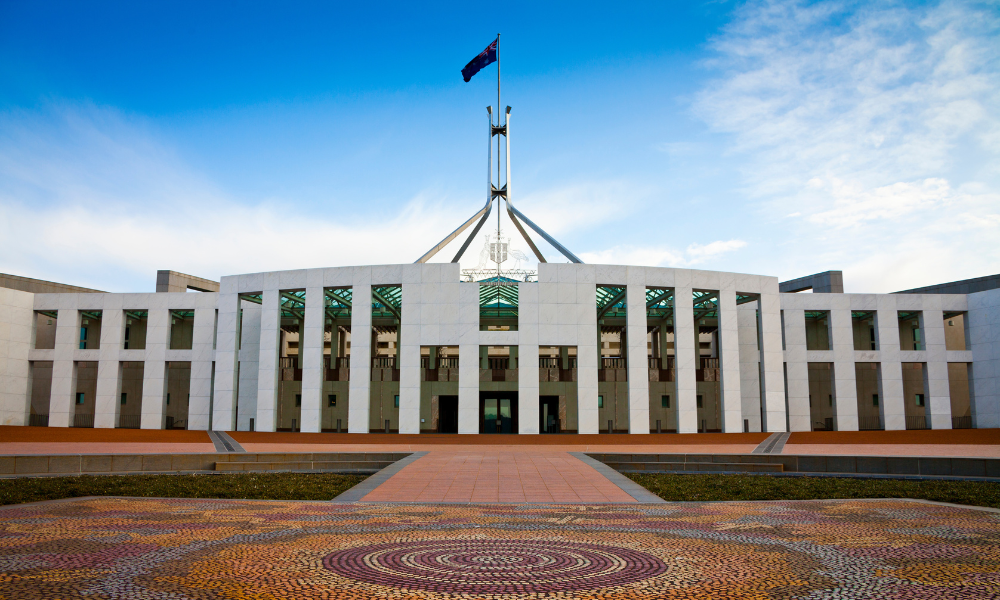
'What we want is a focused dialogue and constructive debate that leads to concrete and tangible actions'

In his first major speech since the federal election, Prime Minister Anthony Albanese has announced a roundtable of experts, business and unions in August to address key priorities, including productivity.
Speaking at the National Press Club, Mr Albanese said he has asked Treasurer Jim Chalmers to bring together community leaders, business and unions to shape the government’s growth and productivity agenda.
"We want to build the broadest possible base of support for further economic reform to drive growth, boost productivity, strengthen the budget, and secure the resilience of our economy, in a time of global uncertainty," Albanese said.
The roundtable is similar to the Jobs and Skills Summit held in 2022 but the PM said it would be a "more streamlined dialogue" dealing with a more targeted set of issues.
"What we want is a focused dialogue and constructive debate that leads to concrete and tangible actions," he said.
The roundtable comes following reports that productivity gains during the pandemic were not sustained in most sectors, leaving behind a so-called "labour productivity bubble."
Last week, the Australian Industry Group warned there was an urgent need to "improve private sector economic performance".
Ai Group chief executive Innes Willox said the Australian labour market has become dependent on government-supported employment generation and that "the private sector engine of our economy simply isn't firing".
In his speech, Mr Albanese said the worst of global inflation was behind us and with the recent interest rate cuts "there is a growing sense that our economy is turning the corner"
"Our plan for economic growth and productivity is about Australians earning more and keeping more of what they earn," Albanese said.
"We want to build an economy where growth, wages, and productivity rise together."
Work is already under way on this approach, according to the prime minister, who cited the National Productivity Fund and incentivising state and territory governments to drive efficiencies in construction.
"Or the new measures in the Budget in March, including reform of Non-Compete Clauses and new action on national standards for Occupational Licensing," he added.
Albanese said that the government aims to "expand" on this approach over the next three years.
"I am optimistic about the progress we can make, because there is substantial agreement on so many of the key priorities."
Among these key priorities include ensuring Australians are better prepared to capitalise on the opportunities of AI, as well as making it easier for innovators to create jobs in the country.
Albanese said the government also plans to provide business and industry with the certainty to invest.
The Ai Group previously attributed businesses' lack of confidence in the economic conditions as the reason why they are holding back on investment.
"This is a time when government has to step up, to invest in education and skills and research and innovation," Albanese said.
"And to provide business and industry with the certainty to invest in all their assets, technology, energy, and their people, most of all."